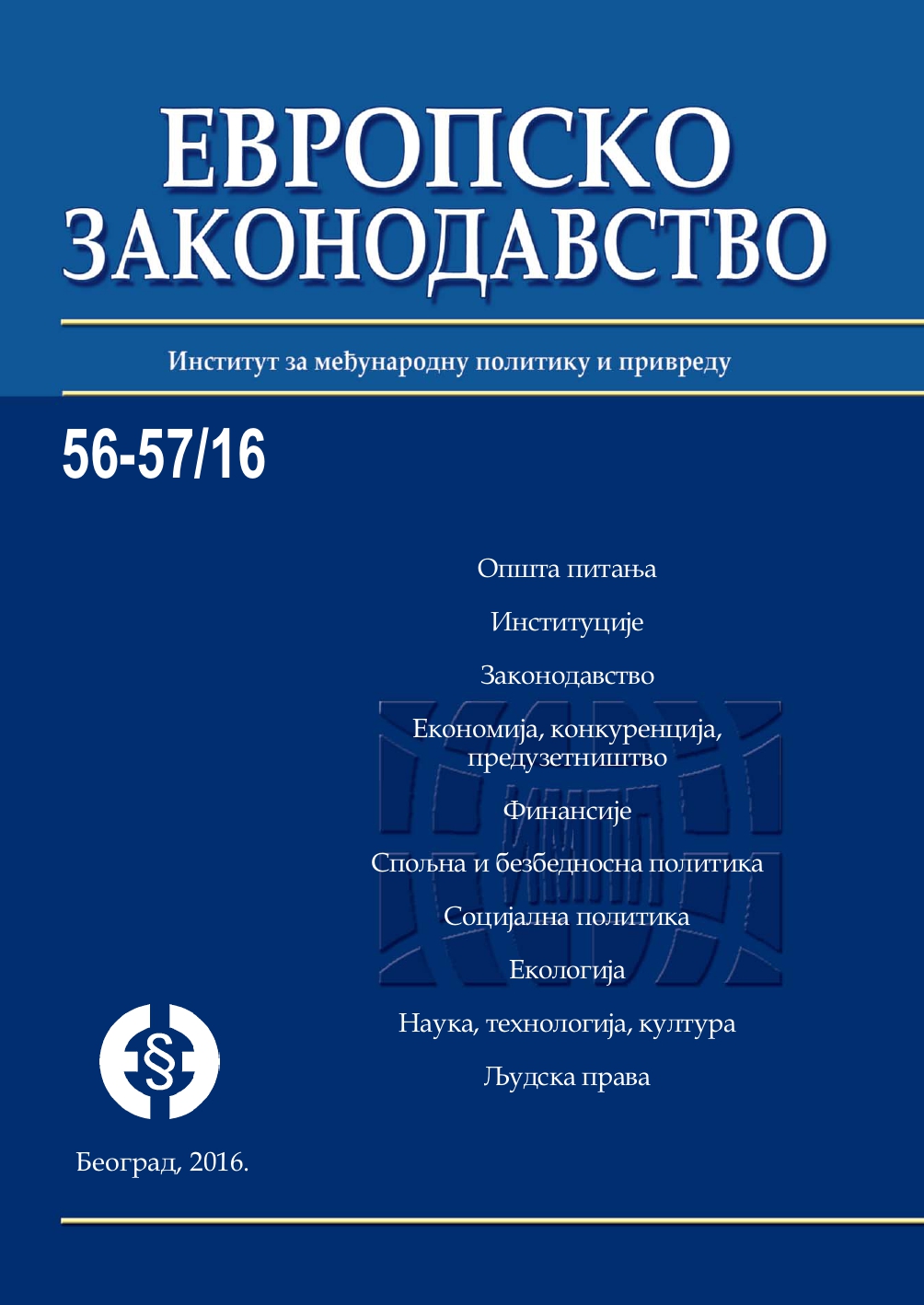Усклађивање процесних права малолетних учинилаца кривичних дела са стандардима Европске уније
Harmonization of procedural rights of juvenile offenders with European Union standards
Author(s): Žarko RadićSubject(s): Criminal Law
Published by: Институт за међународну политику и привреду
Keywords: procedural rights;criminal proceedings;Juvenile Criminal Offenders;extradition;surrender of the requested person;European arrest warrant
Summary/Abstract: The European Union Agenda on Procedural Safeguards for Suspects or Accused Persons – Strengthening the Foundation of the European Area of Criminal Justice – initially comprised three Directives of the European Parliament and the Council of the European Union: Directive 2010/64/EU on the right to interpretation and translation in criminal proceedings, Directive 2012/13/EU on the right to information in criminal proceedings and Directive 2013/48/EU on the right of access to a lawyer in criminal proceedings and in European arrest warrant proceedings, and on the right to have a third party informed upon deprivation of liberty and to communicate with third persons and with consular authorities while deprived of liberty. However, on 27 November 2013, the European Commission published a package of new measures relating to procedural safeguards in criminal proceedings. This package included three proposals of directives, and it resulted in Directive (EU) 2016/800 of the European Parliament and of the Council of 11 May 2016 on procedural safeguards for children who are suspects or accused persons in criminal proceedings. In the paper, the author applies the dogmatic and the normative method to analyze the measure (Directive) of the European Union that lays down common minimum rules concerning certain rights of children who are: (a) suspects or accused persons in criminal proceedings; or (b) subject to European arrest warrant proceedings pursuant to Framework Decision 2002/584/JHA (requested persons). At the end of the paper, the author considers the importance of the studied Directive for the Republic of Serbia and its road to membership in the European Union. He concludes that the incorporation of the procedural rights this Directive applies to, in the legislation of the Republic of Serbia would imply that these rights are guaranteed not only by the provisions of the Special Law on Judicial Cooperation in Criminal Matters with the Member States of the European Union, but also by the provisions of the Criminal Procedure Code, the Law on Juvenile Criminal Offenders and Criminal Law Protection of Juveniles, as well as by the provisions of the Misdemeanour Law.
Journal: Европско законодавство
- Issue Year: 2016
- Issue No: 56-57
- Page Range: 84-111
- Page Count: 28
- Language: Serbian

